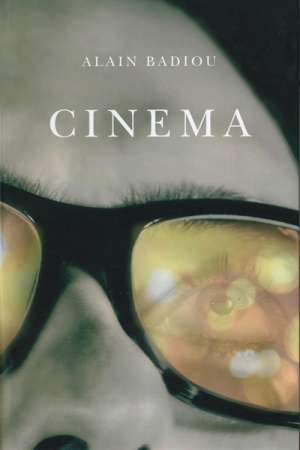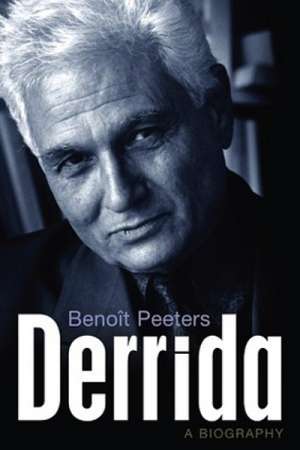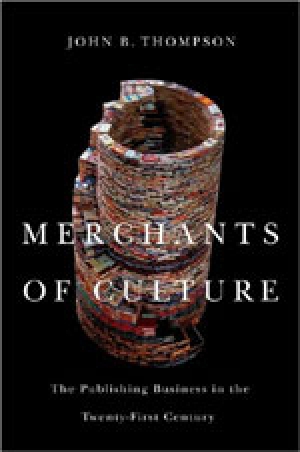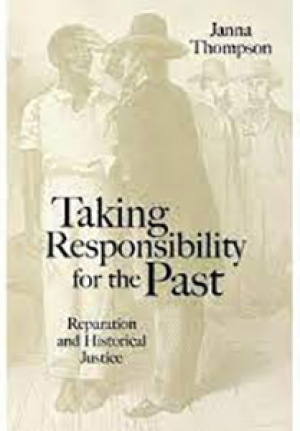Polity
Although he used screenwriters, Alfred Hitchcock was a model auteur and engineered his films meticulously. ‘Casting and performance, mise-en-scène, lighting, camera angle, construction of setting, and music must all be woven into the director’s “action” as he makes a scene,’ remarks Murray Pomerance in his study of Hitchcock’s American films as a reflection of the country he moved to in 1939 and became a citizen of in 1955.
... (read more)In recent years, the work of French philosopher Alain Badiou has been discussed with increasing regularity as part of an academic dialogue between cinema studies and philosophy that is often called ‘film-philosophy’. His various writings on cinema were for a long time scattered among many different sources, the majority untranslated. With its original 2010 French version and now this English translation, Cinema has finally changed all that. Containing thirty-one different pieces, all but five appearing in English for the first time, this important book offers a unique contemporary philosopher’s rich, varied, yet always coherent and evolving response to cinema spanning seven decades.
... (read more)By what right, and in accordance with what set of social conditions or teleological commitments, ideologies, cultural and biographical conventions, and in whose name might one begin to speak of, formulate, detail, or analyse the life of Jackie aka ‘Jacques’ Derrida?
...Terri-ann White reviews 'Merchants of Culture: The Publishing Business in the Twenty-First Century' by John B. Thompson
Since well before the global financial crash of 2008, there has been pessimism about the future of the book in an age of new paradigms: electronic transmission and gadgetry, all thus far untested, in a screen culture age. This uncertainty still hovers, like a pungent doom-cloud, despite the furious conversion of new and backlist files into multiple formats in publishing houses everywhere in readiness for the e-revolution. This is expensive and time-consuming work, done in good faith as an investment for the future. One by-product has been a chilling realisation that file archiving is poorly managed by many houses and that finding print-ready files of backlist books to convert to e-format isn’t as easy as was anticipated.
... (read more)Rod Tiffen reviews 'Echo Chamber: Rush Limbaugh and the conservative media establishment' by Kathleen Hall Jamieson and Joseph N. Cappella and 'Why Democracies Need an Unlovable Press' by Michael Schudson
One of the first books I read about news and politics was a lively British volume edited by Richard Boston, called The Press We Deserve (1970). In it, he quoted a recent speech by the Duke of Edinburgh reciting all the standard clichés about the role a free press played in sustaining democracy. On the contrary, Boston argued, a newspaper such as the News of the World is about as helpful to democracy as an outbreak of typhoid. It may, he said, be the price of democracy, but that was a rather different proposition.
... (read more)Kristie Dunn reviews 'Taking Responsibility for the Past: Reparation and historical justice' by Janna Thompson
Those of us who walk across bridges in support of reconciliation, and sign Sorry Day books, do so because we feel an obligation to recognise and apologise for the destructive legacy of past practices. Sometimes we can speak directly to those people who were taken away; often we are addressing their descendants. As the prime minister continues to point out, many of us are apologising for something for which we are not individually responsible. So what is the source of this sense of obligation, and how can saying sorry make a difference?
... (read more)





